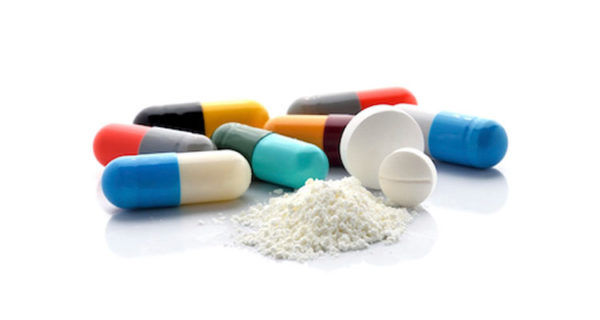Removing waste from your body is one of the most important things your kidneys do for you. As your blood passes through your kidneys, they filter out substances your body doesn’t need and send them out in your urine. But, if your kidneys don’t work properly, some substances (including medications, both over-the-counter and those that your doctor prescribes for you) don’t get removed. If they build up, they can cause harm.
It’s important to tell your doctor about all drugs you take, even over-the-counter painkillers. These aren’t as safe for people with chronic kidney disease as they might be for those who don’t have any medical problems.

